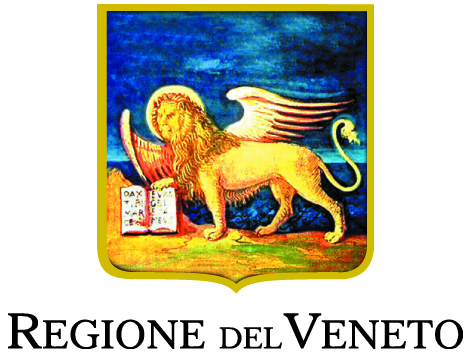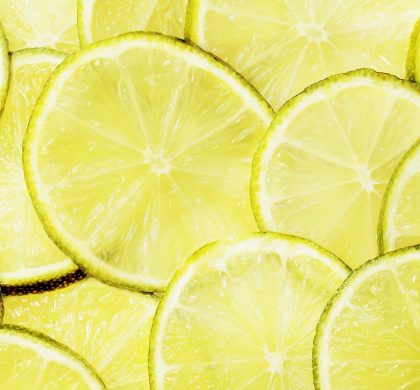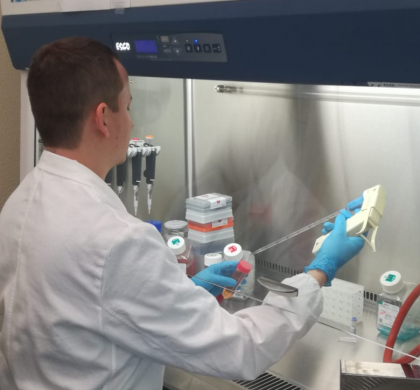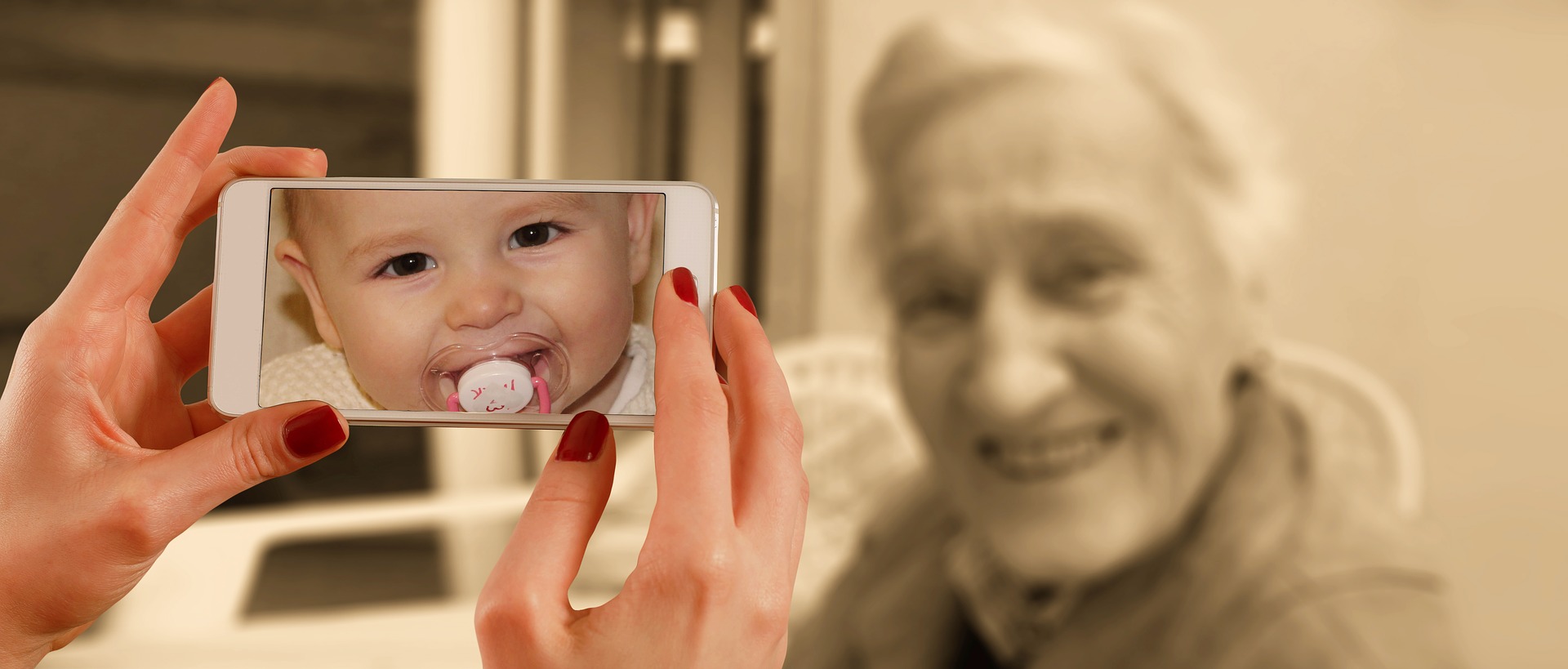 INVITE Blog / INVITE scientific achievements
INVITE Blog / INVITE scientific achievements
With this post we continue the series dedicated to the scientific achievements by our INVITE fellows. Here we have the presentation by Ahmed Salih.
Brain ageing and lifestyle
What I was doing is trying to understand how we can model brain ageing and what are the impact of daily lifestyle and genetic on brain ageing (general view of brain ageing modelling blow).
We were able to model brain age using biomedical data and reveal how cardiac risk factors are accelerating brain ageing. Moreover, we could highlight the brain regions that might experience faster brain ageing compared to other brain regions.
What we found also is that brain ageing is far more complicated and many observed and unobserved factors play a vital role in the acceleration or slowing down brain ageing.
Such project is undoubtedly significant as this might help to monitor brain ageing and predict brain ageing-related disease such as Alzheimer’s disease.
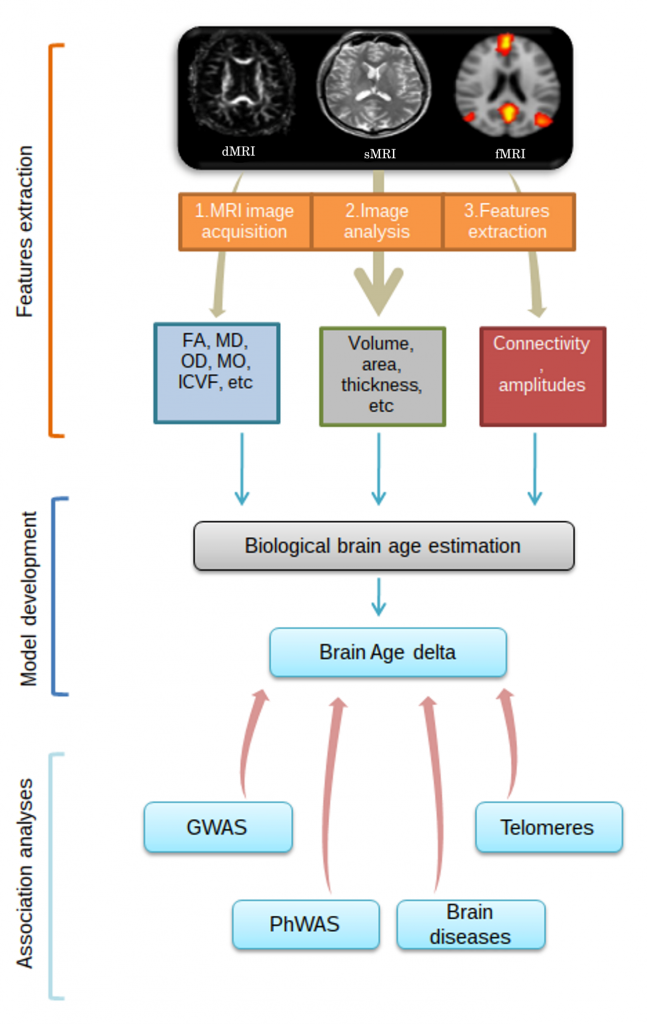
I have developed and sharpened my skills during my study as PhD student at Verona university under INVITE program. The INVITE program provided me the facilities I need to work on my own project and at the same open with other international institutions for collaboration. The program allowed me to choose the topic I want and keep supporting me both financially by attending courses and seminars, and scientifically to achieve the aim of the project.
One other valuable feature of the INVITE program is the secondment period. The secondment had really priceless impacts on my study and future career development by helping me to widen the scientific and academic network, and eventually enhance future career.
Moreover, the INVITE program provided limitless and continuous support in terms of coaching, counselling and vocational guidance. Such support kept me feeling that I am not alone and always there is someone that I can contact asking advices in an issue I might face in my academic life.
Recommended Posts
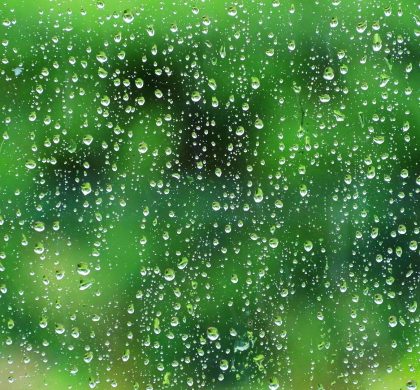
Rafiqul Islam: Managing water crisis and women empowerment go together
23 Jun 2022 - INVITE Blog, INVITE scientific achievements


